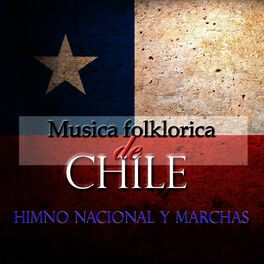


It is also believed that the Incas were the first American people to develop some kind of formal music education. Inca music was formed by elements of Nazca, Chimu, Colla – Aymara and other cultures. Like the Aztecs and Romans, the Incas took the knowledge and traditions of the cultures they found and incorporated them into their own. Sociologist Carlos Keller has compared the Inca occupation of the Andean region with the Roman occupation of Greece or the Aztec conquest of the Maya. Scientific research into remains left by the Nazca and Mochica peoples has shown the existence of complex theoretical musical systems, with the presence of minor intervals, semitones, chromaticism and musical scales of five, six, seven and eight notes, equivalent to contemporaneous cultures in Asia and Europe. Archaeological excavations have unearthed many musical instruments showing the existence of a variety of musical cultures in the area long before even the Inca period. However, music existed in the Americas for centuries before European conquest, and many of the characteristics and instruments of pre-Hispanic music have formed part of the folkloric and musical tradition of Chile and of Latin America. Prior to the arrival of the European conquerors, the modern national borders that make up the Americas did not exist, so one cannot refer to music from "Chile", or any other South American country, from this time. Music in Chile Pre-Columbian and colonial times


 0 kommentar(er)
0 kommentar(er)
